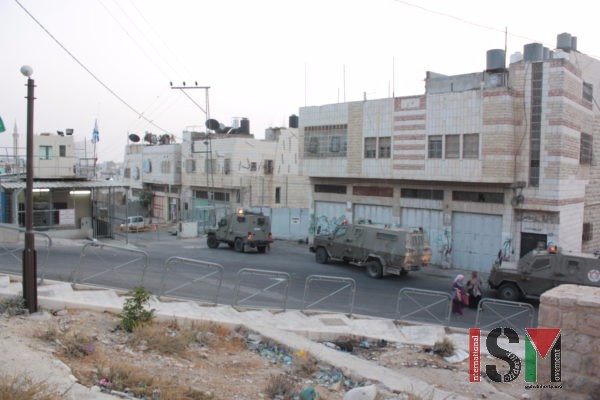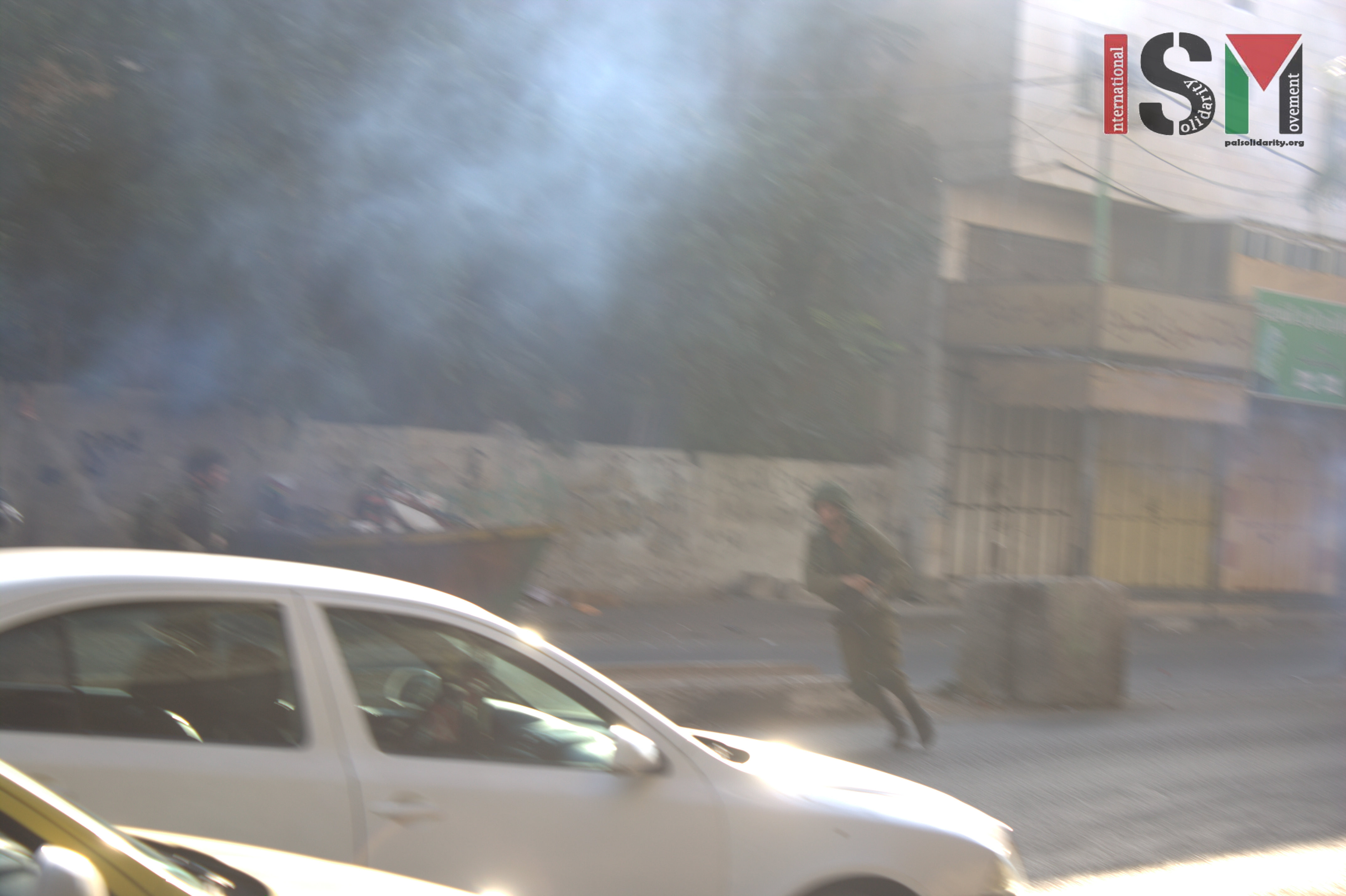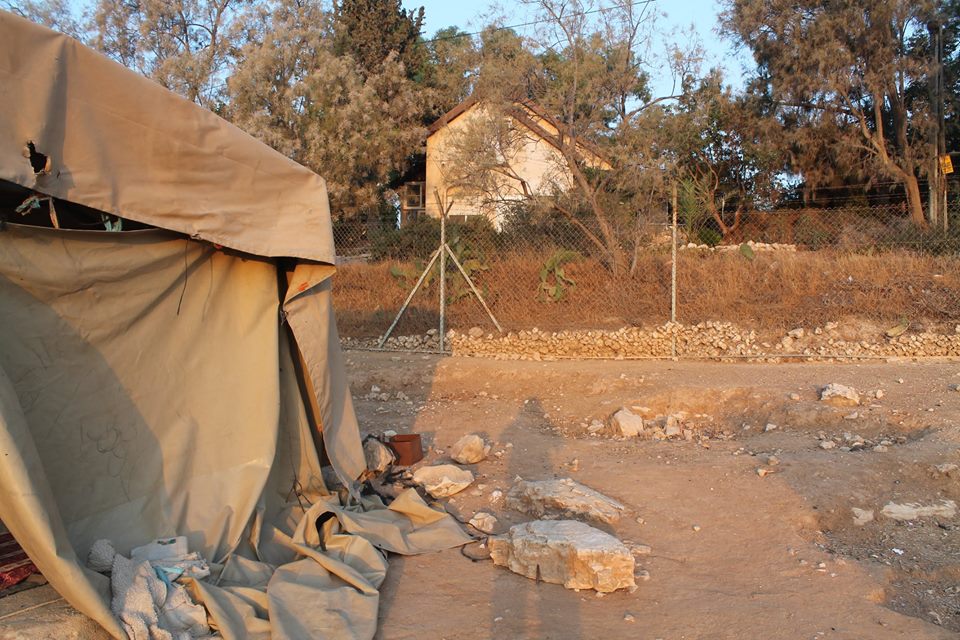Tag: Hebron
-
Israeli military presence in South-Eastern Hebron results in revolt from civilians.
14th September 2017 | International Solidarity Movement, Al-Khalil team | Hebron, occupied Palestine On Thursday evening, at around 6:40pm, the Al-Khalil team was patrolling the city and came across Israeli forces stationed by the Tareq roundabout, in the Altahta area south of the city. The military teams consisted of two groups of around six soldiers,…
-
Israeli forces invade Hebrons commercial center on Friday
10th September 2017 | International Solidarity Movement, al-Khalil team | Hebron, occupied Palestine On Friday, 8th of September, large amounts of Israeli soldiers went into the H1 area of occupied Hebron, supposedly under full Palestinian control. The army used teargas and stun grenades at one of the main junctions in downtown Hebron, effecting the accessibility…
-
Two nights in Umm al-Kheir: a journal
5th September 2017 | International Solidarity Movement, al-Khalil team | Umm al-Kheir, south Hebron, occupied Palestine Spent the last two days at Umm Al Khair, a Bedouin village in the South Hebron Hills enjoying the wonderful hospitality, generosity, and loving kindness. This was not my first trip there. And as much as I hate to…



